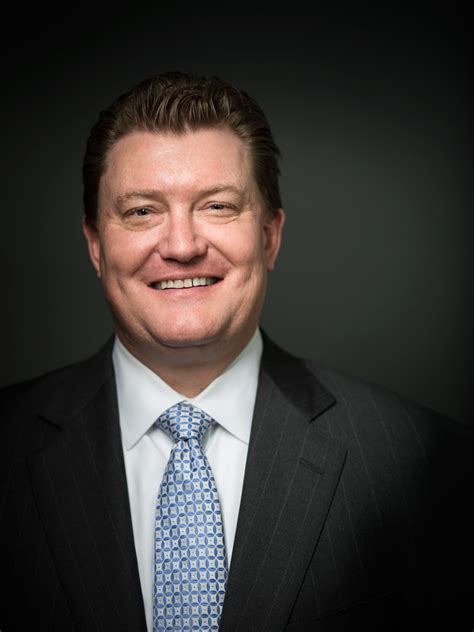A Quote by Stephen Batchelor
The idea that there will be something spiritual or subtle, some sort of consciousness that can escape the collapse of the body and brain, is not very credible in the modern scientific worldview.
Related Quotes
Consciousness will always be present, though a particular
consciousness may cease. For example, the particular tactile
consciousness that is present within this human body will cease when
the body comes to an end. Likewise, consciousnesses that are
influenced by ignorance, by anger or by attachment, these too will
cease. But the basic, ultimate, innermost subtle consciousness will
always remain. It has no beginning, and it will have not end.
We live under the power of Modern Consciousness, which means that we are obsessed with progress. Wherever you are is not good enough. We always want to achieve something, rather than experience something. The opposite of this is Spiritual Consciousness. By that I mean you find enchantment in every action you do, rather in just the results of your action. Spiritual Consciousness is not a particular religion but a way of being.
Tell everything to your spiritual father, and the Lord will have mercy on you and you will escape delusion. But if you think that you know more about the spiritual life than your spiritual father, and you stop telling him everything about yourself in confession, then you will immediately be allowed to fall into some sort of delusion, in order that you may be corrected.
Contemplation in the age of Auschwitz and Dachau, Solovky and Karaganda is something darker and more fearsome than contemplation in the age of the Church Fathers. For that very reason, the urge to seek a path of spiritual light can be a subtle temptation to sin. It certainly is sin if it means a frank rejection of the burden of our age, an escape into unreality and spiritual illusion, so as not to share the misery of other men.
The idea of childhood as a social invention, in retrospect, is hardly credible. In the Bible, in writings of the Greeks and Romans, and in the works of the first great educator of the modern era, Comenius, children were recognized as being both different from adults and different from one another with respect to their stages of development. To be sure, the scientific study of children and the increased length of life in modern times have enhanced our understanding of age differences, but they have always been acknowledged.
There is no "scientific worldview" just as there is no uniform enterprise "science" - except in the minds of metaphysicians, school masters, and scientists blinded by the achievements of their own particular niche... There is no objective principle that could direct us away from the supermarket "religion" or the supermarket "art" toward the more modern, and much more expensive supermarket "science." Besides, the search for such guidance would be in conflict with the idea of individual responsibility which allegedly is an important ingredient of a "rational" or scientific age.
How can we find spiritual meaning in a scientific worldview? Spirituality is a way of being in the world, a sense of one’s place in the cosmos, a relationship to that which extends beyond oneself. . . . Does scientific explanation of the world diminish its spiritual beauty? I think not. Science and spirituality are complementary, not conflicting; additive, not detractive. Anything that generates a sense of awe may be a source of spirituality. Science does this in spades. (158-159)
We have allowed brain thinking to develop and dominate our lives.
As a consequence, we are at war within ourselves.
The brain desiring things which the body does not want, and the body desiring things which the brain does not allow; the brain giving directions which the body will not follow, and the body giving impulses which the brain cannot
In the field of consciousness research-and also in physics and astronomy-we are breaking past the cause-and-effect, mechanistic way of interpreting things. In the biological sciences, there is a vitalism coming in that goes much further toward positing a common universal consciousness of which our brain is simply an organ. Consciousness does not come from the brain. The brain is an organ of consciousness. It focuses consciousness and pulls it in and directs it through a time and space field. But the antecedent of that is the universal consciousness of which we are all just a part.
































